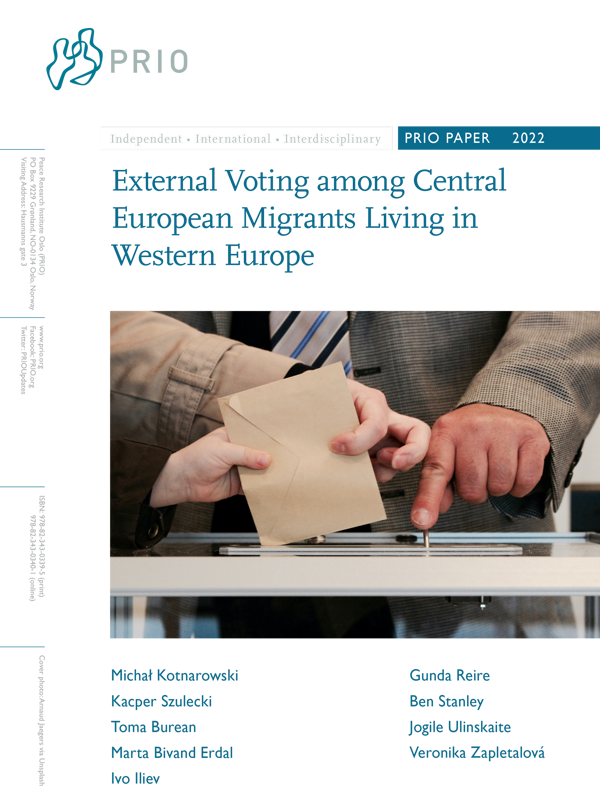Non-resident citizens’ participation in national elections is known as external voting. This report presents the first comparative dataset of external voting, both in parliamentary and presidential elections. We gathered voting results among migrants from nine Central and Eastern European countries, with the main analysis focusing on six where most data were available: Bulgaria, Czech Republic, Lithuania, Latvia, Poland and Romania. The analysed countries of residence where diasporas cast their votes were Austria, Belgium, Germany, Denmark, Spain, Finland, France, Great Britain, Greece, Ireland, Italy, the Netherlands, Portugal, Sweden (EU members) as well as two countries belonging to the European Economic Area (Norway and Iceland) and Switzerland.
How different are external voting results from those seen in countries of origin? What are the ideological differences between voting migrants and the ‘mean’ voter back home, and to what extent does that matter? These are some of the questions the data gathered may help shed light on.








